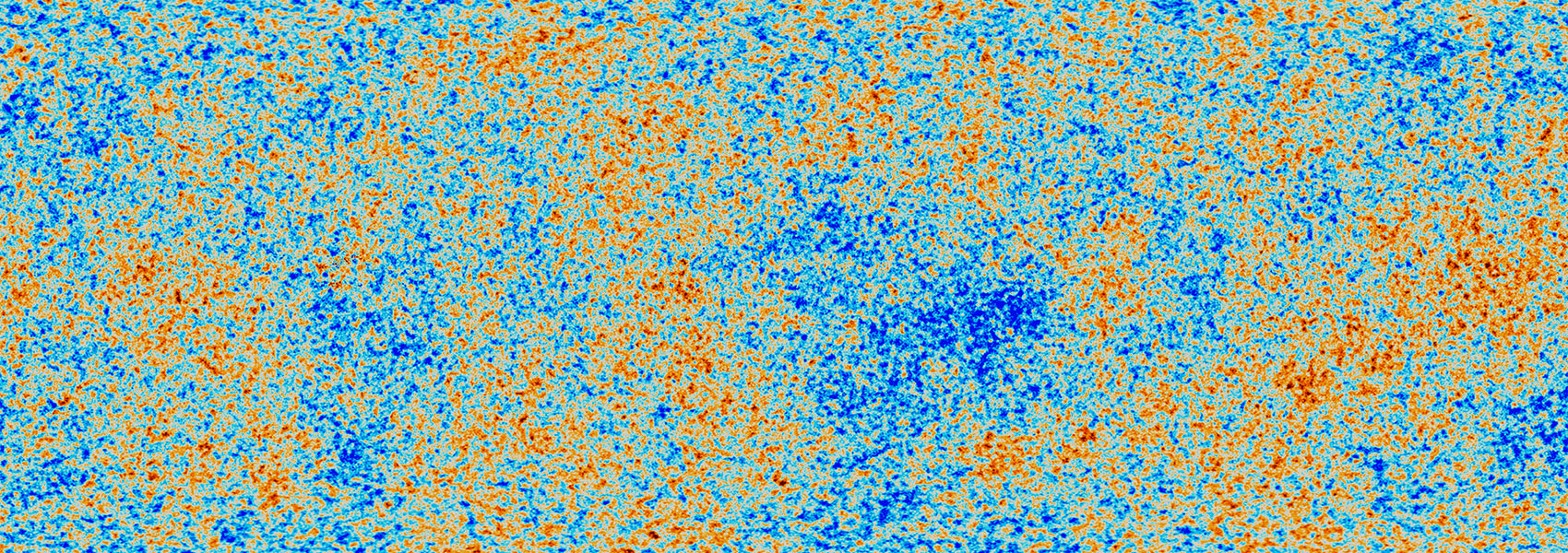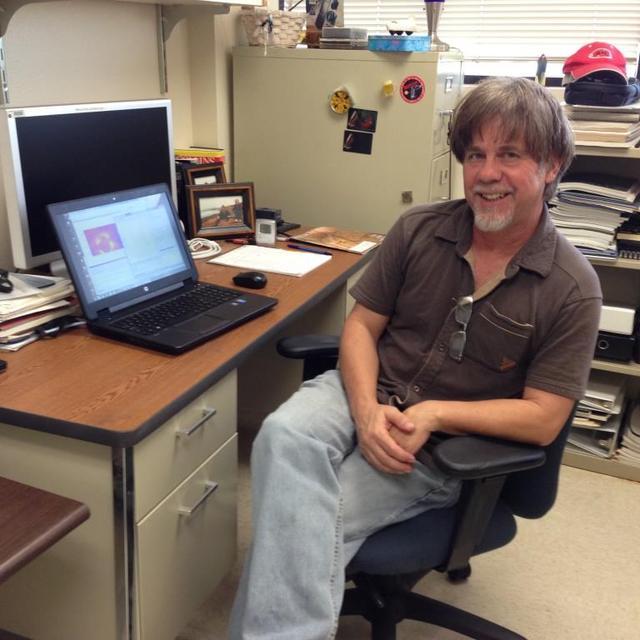December
2020
•
2020MNRAS.499.5269G
Authors
•
Gull, T. R.
•
Morris, P. W.
•
Black, J. H.
•
Nielsen, K. E.
•
Barlow, M. J.
•
Royer, P.
•
Swinyard, B. M.
Abstract
•
The evolved massive binary star η Carinae underwent eruptive mass-loss events that formed the complex bi-polar 'Homunculus' nebula harbouring tens of solar masses of unusually nitrogen-rich gas and dust. Despite expectations for the presence of a significant molecular component to the gas, detections have been observationally challenged by limited access to the far-infrared and the intense thermal continuum. A spectral survey of the atomic and rotational molecular transitions was carried out with the Herschel Space Observatory, revealing a rich spectrum of broad emission lines originating in the ejecta. Velocity profiles of selected PACS lines correlate well with known substructures: H I in the central core; NH and weak [C II] within the Homunculus; and [N II] emissions in fast-moving structures external to the Homunculus. We have identified transitions from [O I], H I, and 18 separate light C- and O-bearing molecules including CO, CH, CH+, and OH, and a wide set of N-bearing molecules: NH, NH+, N2H+, NH2, NH3, HCN, HNC, CN, and N2H+. Half of these are new detections unprecedented for any early-type massive star environment. A very low ratio [12C/13C] ≤ 4 is estimated from five molecules and their isotopologues. We demonstrate that non-LTE effects due to the strong continuum are significant. Abundance patterns are consistent with line formation in regions of carbon and oxygen depletions with nitrogen enhancements, reflecting an evolved state of the erupting star with efficient transport of CNO-processed material to the outer layers. The results offer many opportunities for further observational and theoretical investigations of the molecular chemistry under extreme physical and chemical conditions around massive stars in their final stages of evolution.
Links




